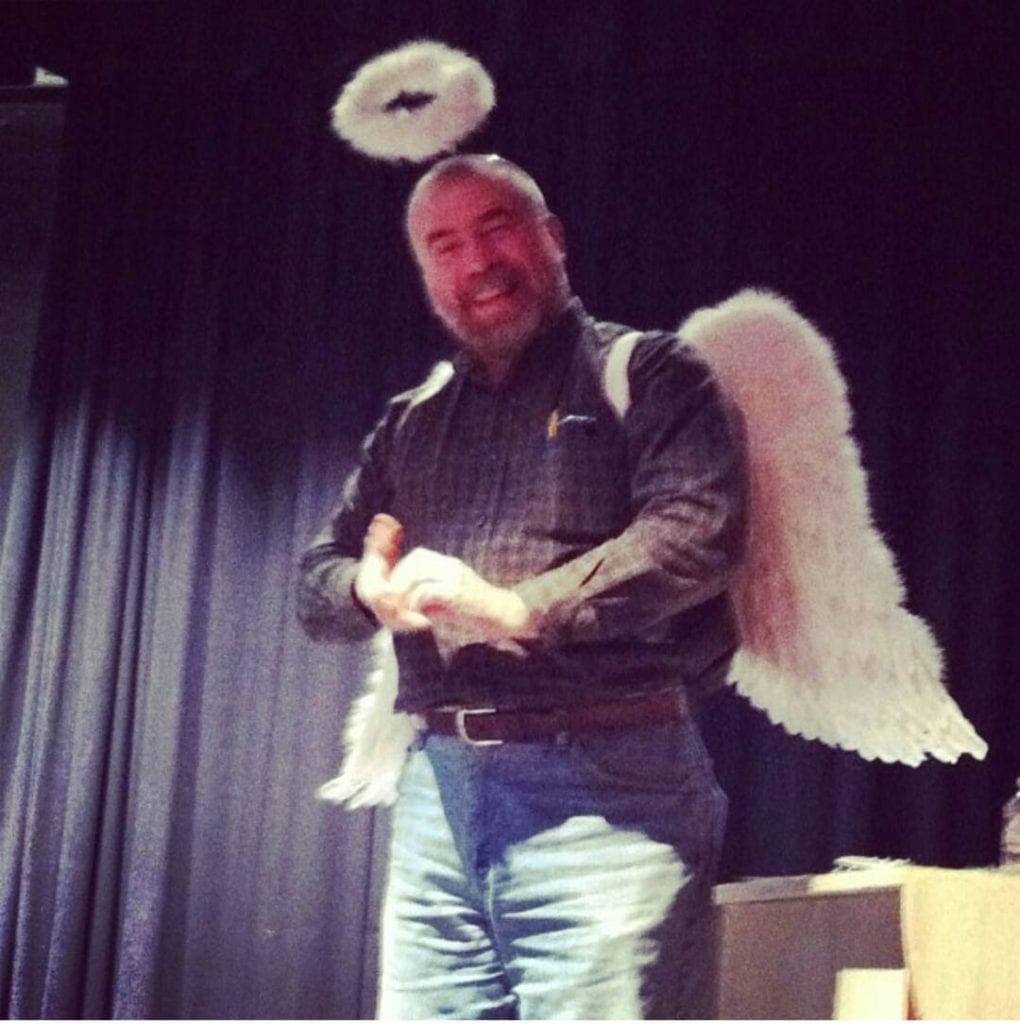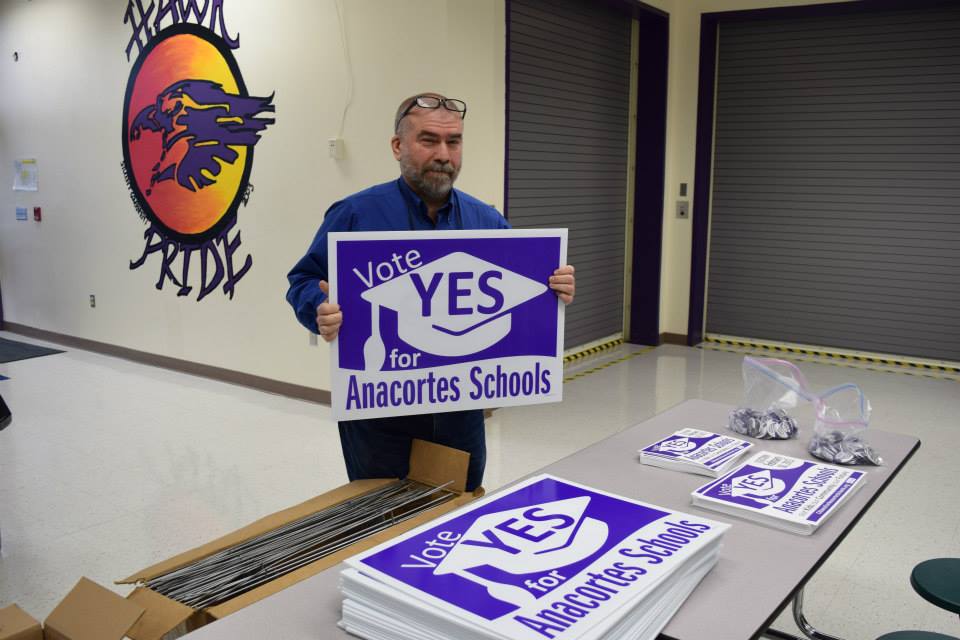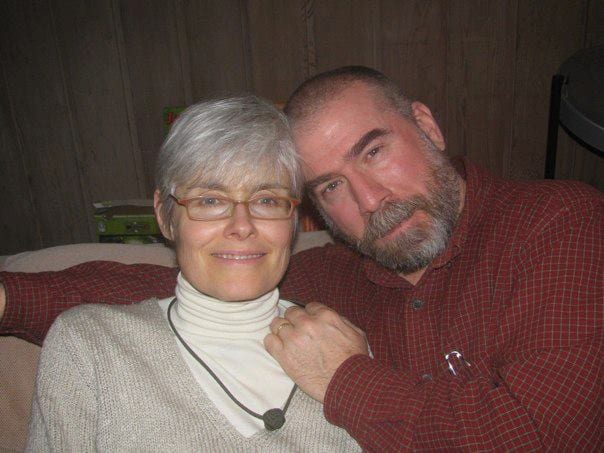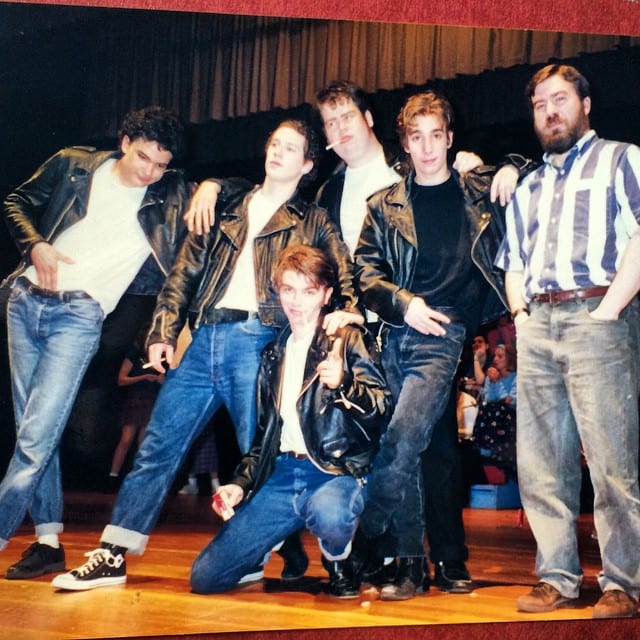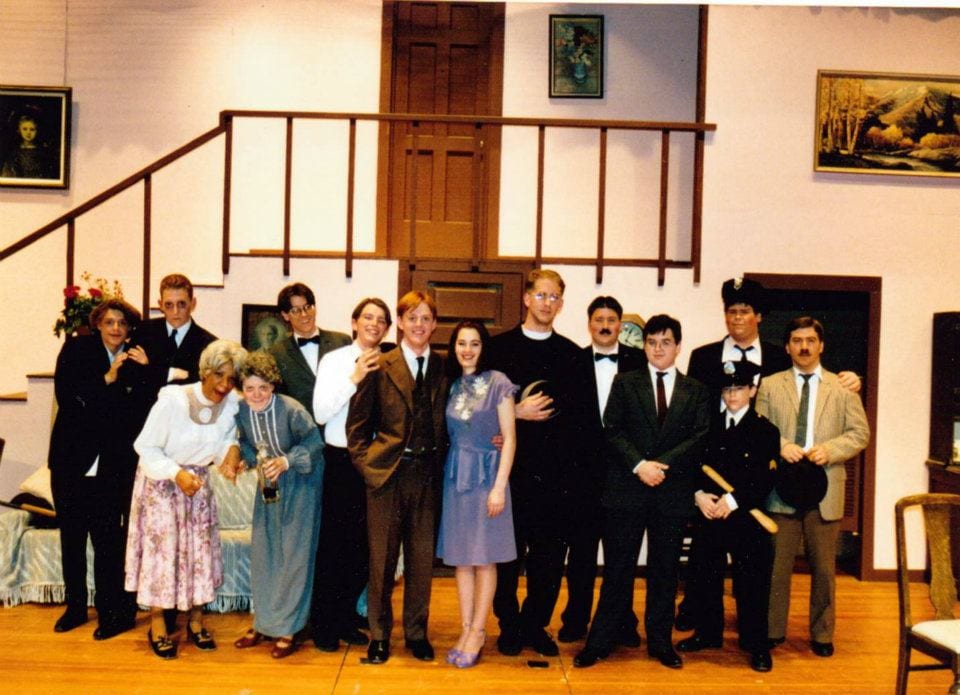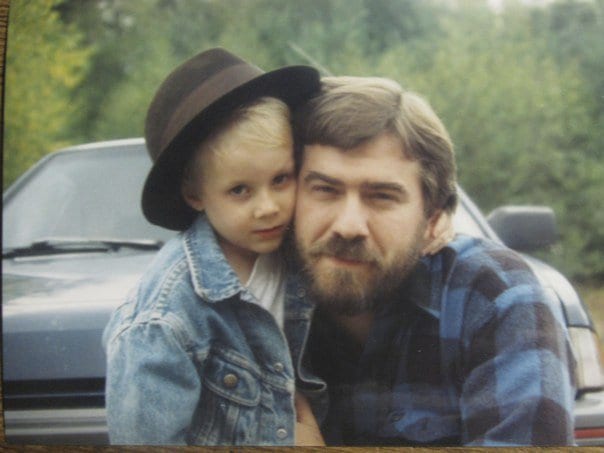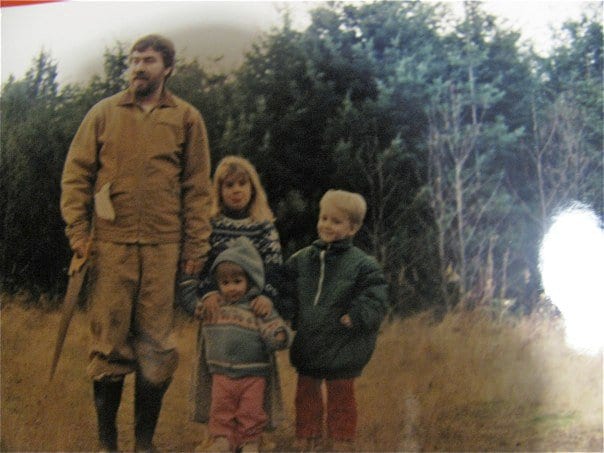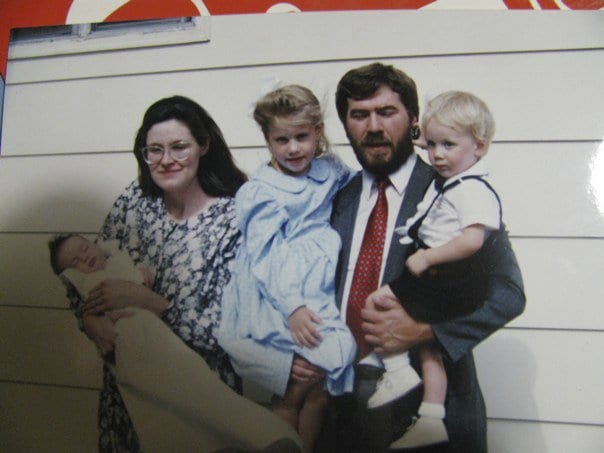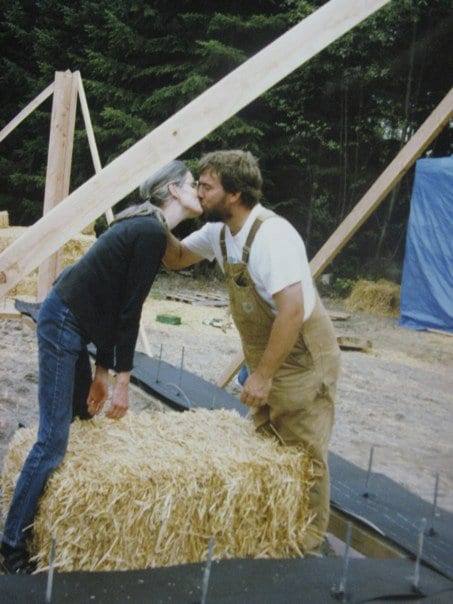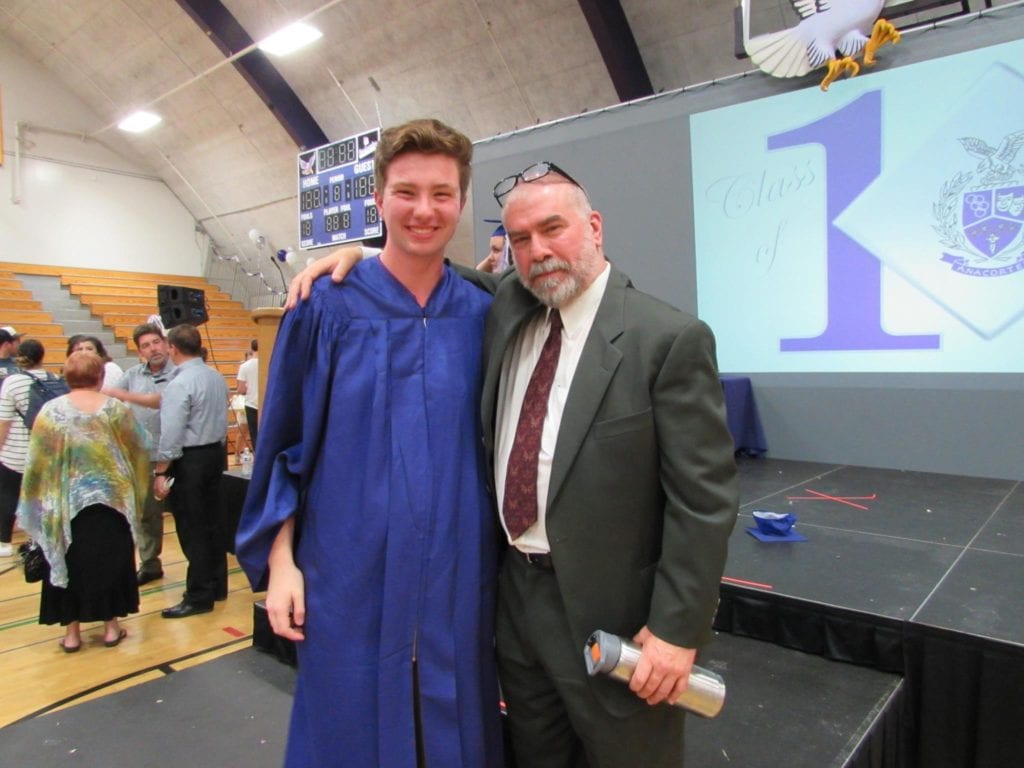Here is the second in a series of interviews from a completely different perspective—Teachers. I am really excited about this one. If you missed the last post in the blog-to-book series, Life After High School—Secrets To A Successful Life By Those Who Have Had Twenty Years To Think About It (or) What They Didn’t Teach Us Gen Xers In High School, click here. Otherwise, you can start at the beginning here.
Scott Burnett, Educator
Not only was Mr. Burnett one of my absolute favorite teachers in high school, he is also a friend. I feel privileged to have started at Anacortes High School the same time he did in 1993. Listen to his unique perspective and comment below. You should be able to right-click here and then “save link as” to download to your device, or simply listen in the media player below:
Here are my notes from the interview:
Can you briefly summarize your career and your life as a teacher?
(All quotes are paraphrased summaries, see the recording for exact wording)
(Paraphrased) In 1976 I started my undergraduate work. I Intended on being a professor and had a focused academic track, undergraduate in Korean language, Asian studies, and History, with a minor in Drama. Masters degree in Political Science, International Relations and my Ph.D. work was in Modern East Asian History
Taught at UW and 4 years at BYU teaching but was becoming increasingly narrow in my focus published a book and was doing fine, but was too narrow and wanted to branch out. The further you go the more specific the focus becomes. My Ph.D. dissertation was the role of Korea in the Vietnam war and that became his world. I didn’t feel I was serving the world in the way that I wanted too. It wasn’t an easy decision because of loss of status and money, but I decided to make the leap into public education. Finished Ph.D. work in 1992. Been teaching from 1993 to the present. I teach drama and Avid (working with kids with a challenging background that might keep them from going to college), and two periods of world religion.
What’s your favorite part about being a teacher?
The kids. I get to spend all day with kids that are creative and help them to get better.
What is your least favorite thing about being a teacher?
Don’t appreciate people who are only tangentially connected to education like politicians who are dictated what happens in schools. People that have economic and religious agenda. Administrators who don’t really know what teaching is really about and try to dictate.
How effective do you think the current educational system is in preparing people for life after high school?
There is often bad press about how we are doing compared to the rest of the world. We are teaching more students and a broader group of students than anyone in the world. Some of those we are being compared to are not taking their bottom students into account, so the results are skewed. Many of those cultures have harsh systems. Most foreigners are coming to the United States for college.We are teaching bad soft skills, like being flexible. They need to learn to work in whatever system they are given and in groups and we need to teach grit. More dynamic and focused in their work. We are too soft. College education still pays more than anything else and vocational technical schools don’t automatically mean jobs.
What do you wish you could teach high school students that you currently aren’t able to teach them under the current system?
In my classes, I have a great deal of freedom. What do you wish they could learn is the larger question. They have to work harder and stop making excuses and be able to be flexible. Somebody graduating high school now will have four distinct careers that they will have to work in and things are changing quickly now. Learn to be flexible in their work life. The system is preparing people for narrow focus and then work in one career their whole lives, but it isn’t that way.
What do you wish you could tell all graduating seniors about life after high school?
Nothing ever stays the same. The highest moment and the lowest moments aren’t going to last. Change is a natural part of it and they have to find the center in themselves that doesn’t change. Relationships, jobs, physical health all change.
What are high school kids and their parents doing right when it comes to preparing themselves for life after high school?
The families that are doing it right have a semi-serious approach to their work and expectations, but they understand that the whole human is more important than the grade. They enjoy academics and sports and enjoy the zest for life and experience. The opposite of that is the ones that participate because it looks good for colleges or because their parents did it and there is pressure to achieve and make someone else proud.There are half the students that have no expectations at all and they are adrift and if they are lucky they get interested in something and find a mentor, but most are not lucky and just casually go along. The system we have is an amazing system if you engage with it. It is a pretty bad system if you are just floating along and letting it happen to you, assuming that the system will take care of them.The system is built to provide opportunity, and it does that pretty well, probably better than any system in the world. We allow flexibility to pursue music and drama and art, and others (like in Europe) don’t.
What mistakes do you see students making in high school when it comes to thinking about their future and taking action? What are they doing wrong?
They think that grades are all that matters. As soon as you get into college, the high school grades are immaterial. They soon become unimportant. The 4.0 student is often in shock because it is disregarded. Some students are amazed they can start anew. Doing well in school doesn’t mean you are doing well in life. More than straight A’s, I value a curious mind. Many high-level students aren’t curious. They are just good at regurgitating information.
What is the biggest problem you see for high school graduates?
The inability to keep options open to plan long-term. Getting caught up in drugs and alcohol and limiting their opportunities. Goal setting is a struggle for them. The future and the past isn’t real, living in the moment is important, but you’ve got to keep your options going further.There are more opportunities for small business and startups, so there are alternate ways of doing things, but it all comes down to skills. If you can get those skills in a different way, great, but many times you can’t.For most kids, the goal should be to go to college because they don’t know what they want to do yet, as long as you don’t have to go into debt to do it. You could do that in a junior college. College isn’t the only way, but the numbers suggest it’s a good route.
Knowing what you now know, and if you could write your 18-year-old self a letter and send it back in time (encouraging, warning, or directing your life) what would you write?
I would say everything is going to be fine, don’t operation from fear, and always be kind.
Bonus:
What kind of information, resources, interviews, or other ideas do you think need to be included in my book to make it a valuable resource for high school students and parents?
Everybody’s life is different. There is no right or wrong way. It’s not wrong to drop out. There are a million ways to do life. If they can arrive at principles that allow them to rule their life regardless of what happens then nothing else matters.I am so grateful to have been a teacher. I feel I get the better end of the deal. It forces me every day to be a better person than I am.
Next time, I’ll be back with a Christopher Gillman interview.
Are you from Generation X? I want to hear what you think! Please comment below and participate in the conversation about What They Didn’t Teach Us Gen Xers In High School. What do you wish someone told you when you were eighteen?
